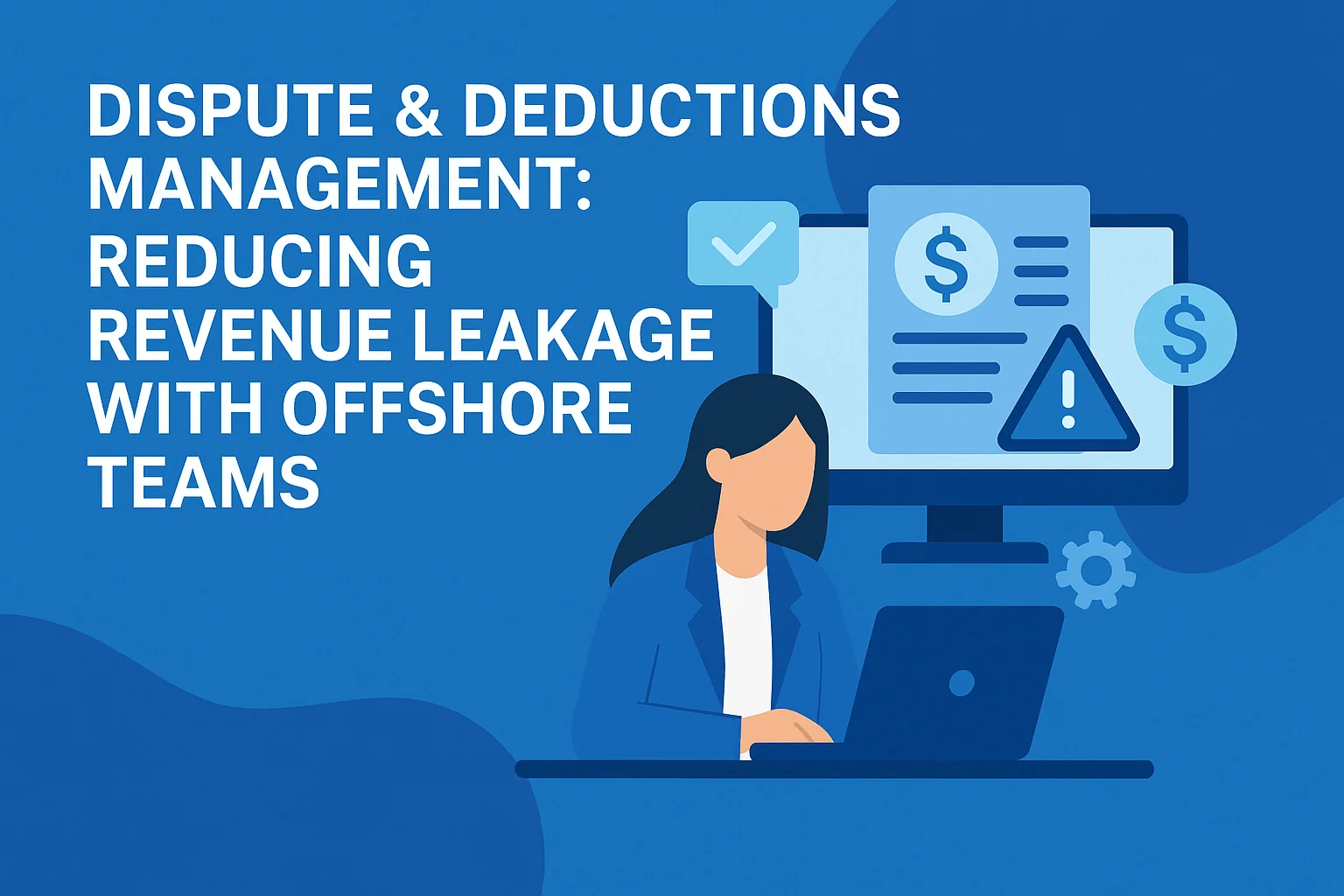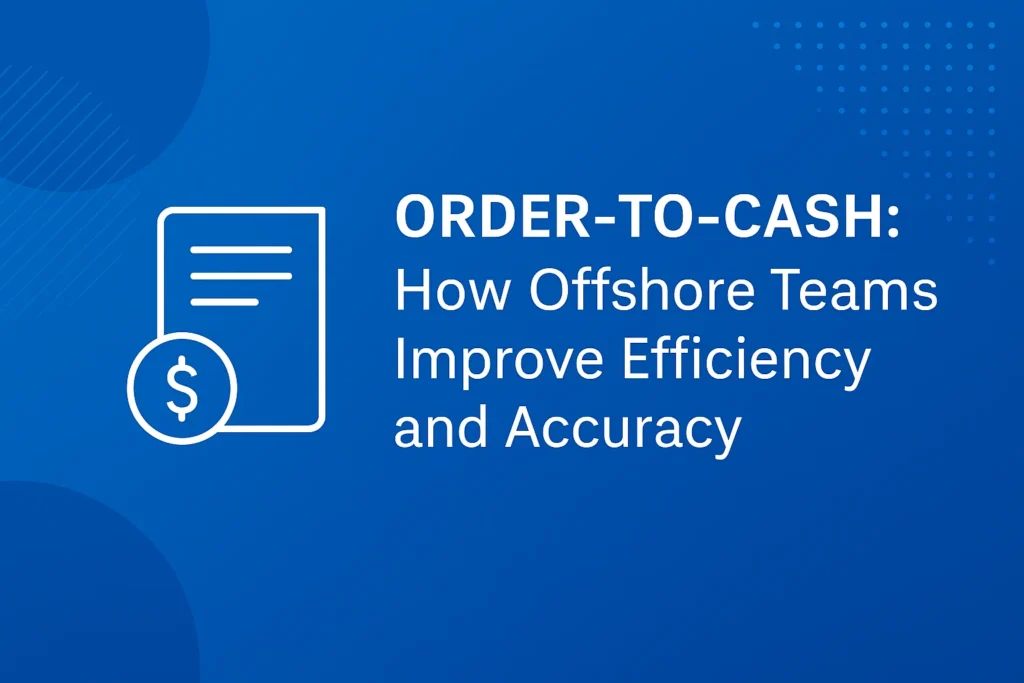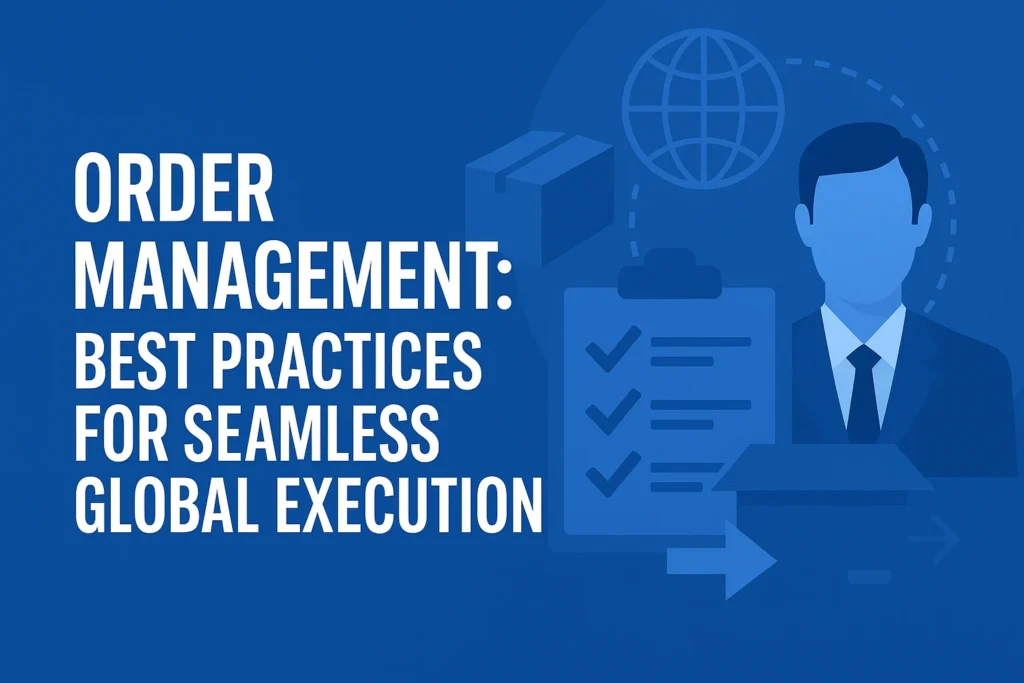Inaccurate deductions and unresolved disputes silently drain profits for many businesses. Revenue leakage caused by billing errors, compliance discrepancies, and slow dispute resolution often goes unnoticed until it significantly impacts the bottom line. Handling these processes internally can be resource-intensive, especially for companies dealing with large customer bases and high transaction volumes.
Offshore execution support provides businesses with specialized teams, robust processes, and cost efficiency, ensuring faster resolution, accurate validation, and long-term prevention of disputes. In this blog, we explore how offshore teams help reduce revenue leakage and strengthen financial outcomes through efficient dispute and deductions management.
1. Understanding the True Cost of Poor Dispute & Deductions Management
Revenue leakage often appears as a “hidden cost,” eroding margins gradually. Some common causes include:
- Pricing errors: Incorrect rates or discount application.
- Short shipments or damaged goods: Triggering unjustified deductions.
- Payment misapplications: Leading to duplicate claims or over-crediting.
- Delayed resolution: Causing write-offs when claims age out.
Industry studies suggest that unresolved or improperly validated deductions can cost businesses 1–3% of annual revenue. Offshore support provides the dedicated focus and expertise needed to prevent these avoidable losses.
2. Fast and Accurate Claim Identification
The first step in reducing revenue leakage is to detect invalid deductions quickly. Offshore teams offer dedicated resources to:
- Monitor incoming claims: Scrutinizing every deduction raised by customers.
- Validate against documentation: Checking invoices, contracts, and proof of delivery.
- Categorize disputes: Distinguishing between valid, invalid, and compliance-related claims.
With continuous monitoring, businesses avoid delayed responses that can lead to automatic acceptance of invalid deductions.
3. Strengthen Root-Cause Analysis to Prevent Recurring Issues
Resolving disputes isn’t enough if the same issues keep reoccurring. Offshore teams conduct deep-dive analytics to uncover:
- Frequent claim triggers: Such as recurring pricing discrepancies or recurring logistic errors.
- Process inefficiencies: Gaps in order entry, shipping accuracy, or invoice management.
- Supplier or internal errors: Identifying accountability within the supply chain.
These insights help design preventive measures, reducing the volume of disputes over time and improving customer relationships.
4. Speed Up Dispute Resolution and Recovery
Every day a deduction remains unresolved is a day your cash flow suffers. Offshore teams accelerate resolution by:
- Following structured escalation protocols: Ensuring claims move through predefined workflows.
- Proactive communication: Liaising with customers, logistics teams, and internal stakeholders for faster closure.
- Claim recovery: Ensuring invalid deductions are reversed and funds are recovered promptly.
This focused approach reduces Days Deduction Outstanding (DDO), improving working capital availability.
5. Improve Documentation and Audit Readiness
One of the biggest hurdles in dispute management is the lack of centralized documentation. Offshore teams address this by:
- Creating a centralized claim repository: Storing supporting documents for every deduction case.
- Standardizing dispute handling SOPs: Making future resolution faster and more consistent.
- Ensuring audit trails: Recording every interaction and adjustment for compliance and internal review.
With robust documentation, businesses can defend against invalid claims confidently, avoiding unnecessary write-offs.
6. Leverage Technology and Reporting Analytics
Technology plays a key role in modern dispute and deductions management. Offshore specialists can manage:
- AI-powered claim detection tools: Identifying recurring invalid claims patterns.
- Automated reporting dashboards: Offering real-time visibility into open disputes, aged claims, and recovery status.
- Predictive analytics: Highlighting high-risk customers or transaction types prone to deductions.
7. Free Internal Teams for Strategic Finance Work
When in-house teams are overwhelmed with manual dispute tracking and follow-ups, they lose focus on higher-value financial activities. Offshore teams handle time-consuming operational tasks, enabling internal teams to:
- Strengthen customer engagement to reduce claim disputes.
- Redesign contracts and policies for better compliance.
- Focus on cash flow forecasting and strategic credit management.
This shift from reactive firefighting to proactive process improvement strengthens financial health.
Key Takeaway
Poor dispute and deductions management silently eats into profits, delays cash flow, and damages customer relationships. Offshore teams provide dedicated expertise, structured processes, and advanced analytics, enabling businesses to validate claims accurately, recover funds faster, and prevent recurring disputes.
By leveraging offshore execution support, companies not only reduce immediate revenue leakage but also build stronger financial controls, improve customer trust, and free up internal teams for strategic decision-making.



